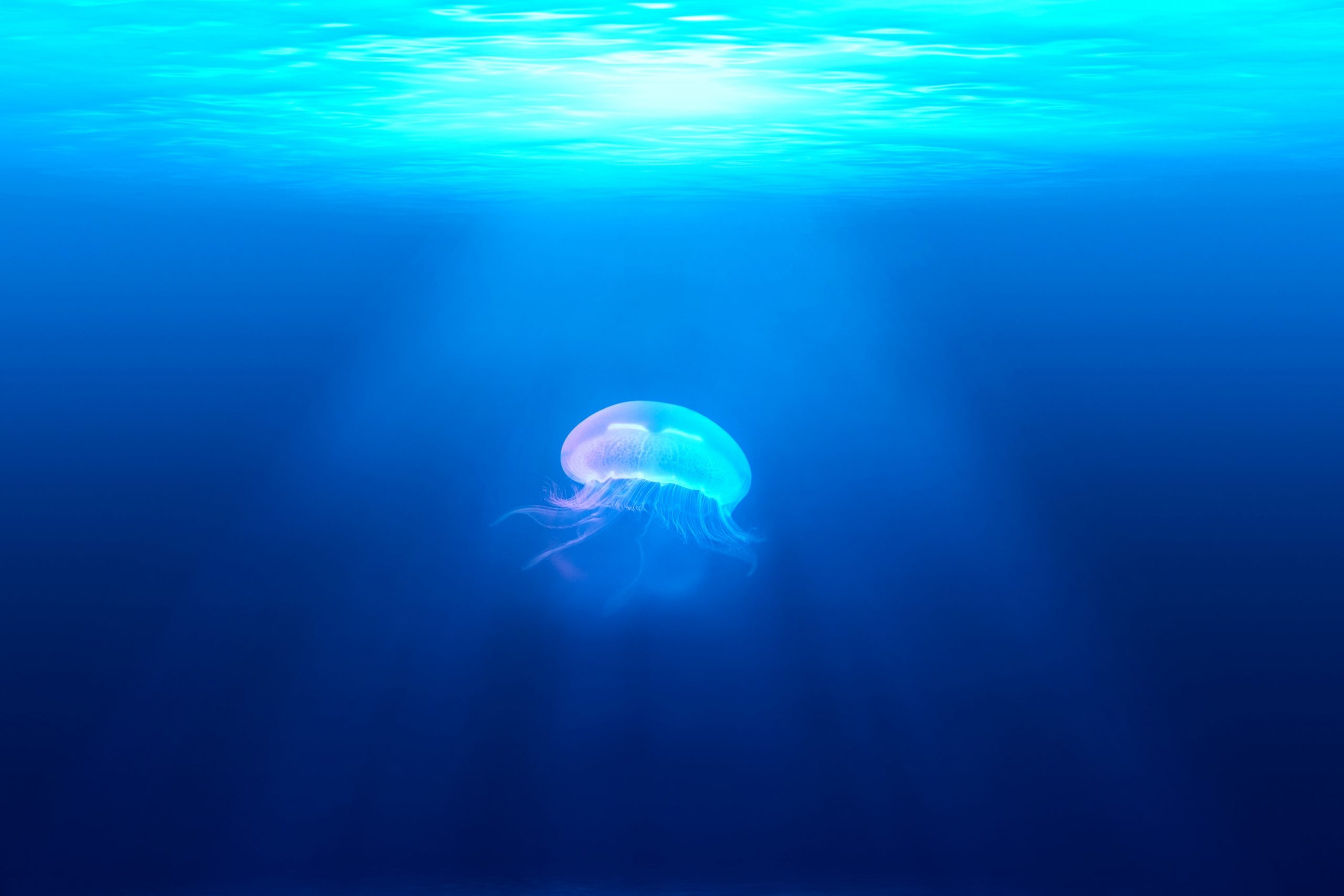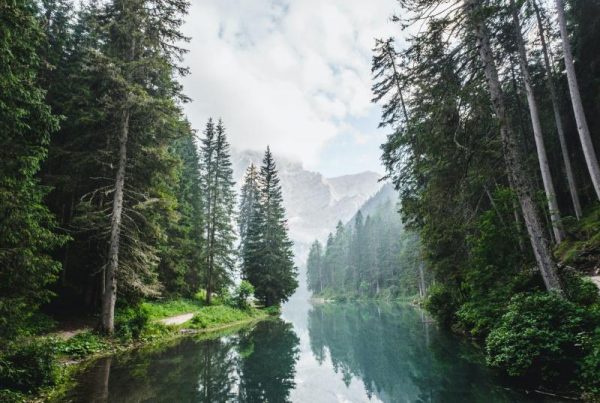
Sarah Neill, a marine biologist and one of the ESG Foundation’s Special Advisors, has recently been appointed the Marine Life Species Leader for Project Wild Gambia. In her new role she will oversee their marine research and feed back to the team on any latest developments in her specialist area, which includes the Atlantic humpback dolphin and sea turtle rehabilitation. She will maintain and analyse our database for marine life, allowing the team to respond immediately to any new findings in our efforts to conserve marine species.
Project Wild Gambia is a conservation organisation made up of a small, close-knit team of passionate British and Gambian conservationists. Over the past 20 years, they have contributed to the conservation and recovery of some of the world’s rarest species through the highest standard of scientific research and data collection. The work they and participants from university field courses, conservation expeditions and student placements achieve is published in scientific journals.
Sarah says, “I was excited to be invited to contribute to pioneering marine research and conservation by the Project Wild Gambia team, and to help coordinate marine research field trips to The Gambia that also support the local communities. These trips focus on researching the Atlantic humpback dolphin, elasmobranchs and turtles, but with opportunities to see and participate in the research of many other species including West African manatee, Mediterranean monk seal, primates, reptiles, amphibians, birds and more. Most recently we have teamed up with the two turtle groups in The Gambia to join the biggest conservation initiative to help turtles in The Gambia – ever!”
They maintain strong relationships by working with The Gambia’s governmental conservation bodies such as The Department of Parks and Wildlife Management (DPWM) and Non-Governmental Organisations (NGO’s) including The Gunjur Project and The West African Bird Society Association (WABSA) as well as local communities; to conduct world-renowned research. The data collected is sent to the appropriate government bodies allowing them to make informed conservation policies.
The charity prides itself in allowing individuals to gain real-life, hands-on conservation experience with leading professionals, where they can live and breathe the social, economic, physical and emotional challenges that conservationists encounter.
As a by-product of its eco-tourism, it supports locals people and economy of The Gambia. Through its field courses and expeditions, they have bought over 10,000 bed nights, which equates to more than 550 years of the average wage in accommodation costs alone. They spend twice as much on local drivers’ wages, guide fees, park admissions, and are committed to supporting local-owned businesses.
Throughout the pandemic, conservationists and drivers have really suffered from the close-down of tourism and there’s no safety net in The Gambia. They are the eyes and ears of conservation in-country and need support during these difficult times. The charity continued to financially support its Gambian team and previously created a fundraiser to continue to help to do so. All extra funds have gone towards establishing our new Bush baby reserve (the first in West Africa) and an ongoing tree nursery.
They are aware that tourism has some negative aspects, the most important of these being the carbon dioxide generated by the flights that bring people to The Gambia. This contributes to climate change – the most significant threat ever to face humankind and the biggest threat facing the environment today. Therefore, thy make all of our trips carbon-neutral by planting trees that will capture the equivalent mass of carbon generated by every flight – guests and staff alike. Over the next 10 years, Project Wild Gambia aims to plant 10,000 trees in The Gambia. This will include trees in existing forests to increase their stability as well as new areas where we will kick start new forests throughout the country.
The animals they work on are amongst the rarest and most endangered species on the planet. They include one of the world’s rarest dolphins, one of the world’s most endangered monkeys, several critically endangered rays and sharks, five species of critically endangered vultures, a crocodile that was thought to be extinct in The Gambia until they rediscovered it, and a stingray that had only ever been seen once before on the planet, in 1870. Although their research is clearly important and our priority, they also make sure that all of our participants have fun, leading to an unmatchable experience that helps to save some of the world’s rarest animals and support some of the world’s poorest people.
If you are interested in finding out more or participating in a marine expedition then please join Sarah’s Facebook group for further details here: https://www.facebook.com/groups/249272459941798/. (Marine Conservation in The Gambia)
Or alternatively you can email the Project Wild Gambia team at admin@projectwildgambia.com



